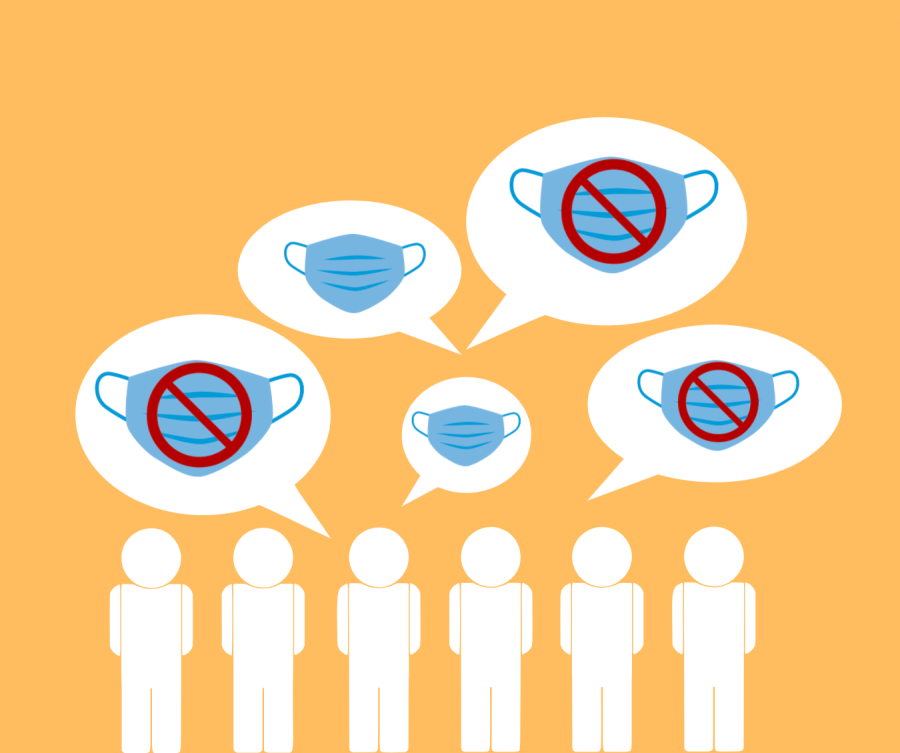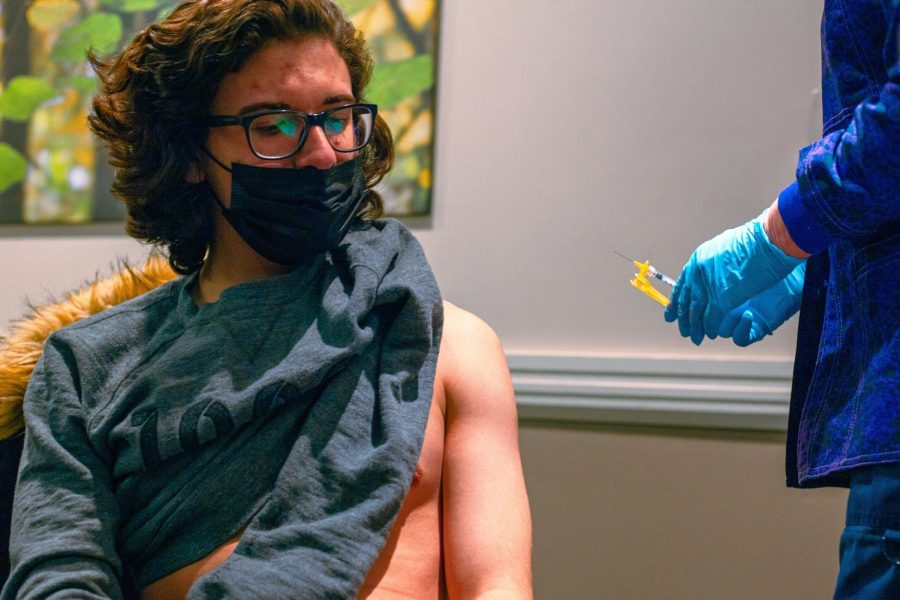The World Health Organization greenlighted the Oxford-AstraZeneca vaccine in February, opening up new opportunities for vaccinations around the world.
On Feb. 11, the WHO Strategic Advisory Group of Experts on Immunization issued provisional recommendations for the use of the Oxford-AstraZeneca vaccine, following in the steps of the European Union and United Kingdom.
The vaccine is “made up of another virus (adenovirus) that has been modified to contain the gene for making the SARS-CoV-2 spike protein,” according to the European Medicines Agency. This spiked protein is necessary in order for the vaccine to enter human cells. Adenoviruses are common viruses that often cause cold symptoms.
No serious side effects have been reported, however, little is known about minor side effects such as fatigue.
For the vaccine, AstraZeneca utilized a modified version of an adenovirus found in chimpanzees, according to the New York Times. This particular strand can enter cells, but cannot replicate them. The recently approved Johnson & Johnson vaccine uses a similar version of an adenovirus.
The Oxford-AstraZeneca vaccine requires two doses that are given four weeks apart. Phase 3 trials in Britain and Brazil “found the vaccine to be 70.4% protective,” reported the Guardian. The vaccine was also found to be more effective when individuals were initially given a half-dose, followed later by a full dose.
Unlike the Pfizer and Moderna vaccines, the Oxford vaccine can be stored in a normal fridge, instead of at extremely cold temperatures, making it much easier to distribute and transport. It is also made from double-stranded DNA rather than single stranded RNA.
Currently, Germany, France and Austria have authorized the use of the vaccine, but only for individuals between the ages of 18-64, as there is limited data on how it affects those over the age of 65. However, in January the European Medicines Agency approved the vaccine for use in all age groups, including individuals above the age of 65.
As Germany’s cases remain high, many are beginning to urge German leaders to reconsider their use of the vaccine on individuals above the age of 65.
As of now, AstraZeneca has not filed an application for emergency use authorization in the U.S., as the company has yet to complete its phase 3 U.S. trial. The U.S. has authorized the emergency use of the Moderna, Pfizer and most recently the Johnson & Johnson vaccine.
Researchers have emphasized that there is much still unknown about the vaccine in general, particularly when it comes to how long immunity may last. While it is possible for T cells and antibody numbers to drop in the months after vaccination, the immune system also contains memory T and B cells that could keep the body protected, reported the New York Times.














